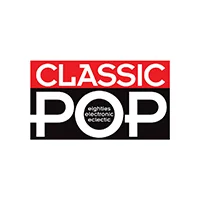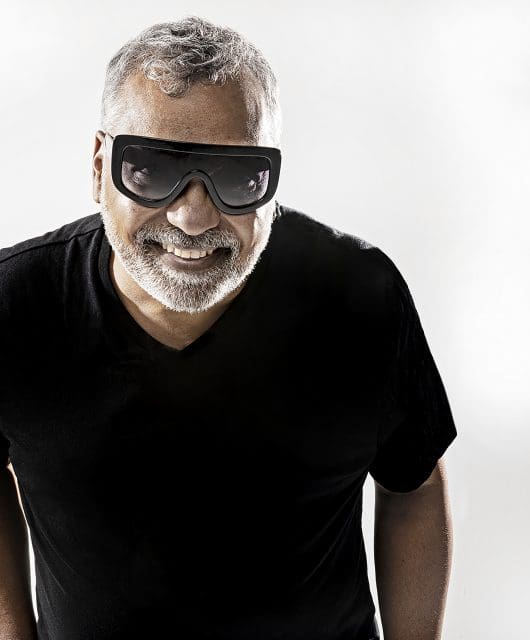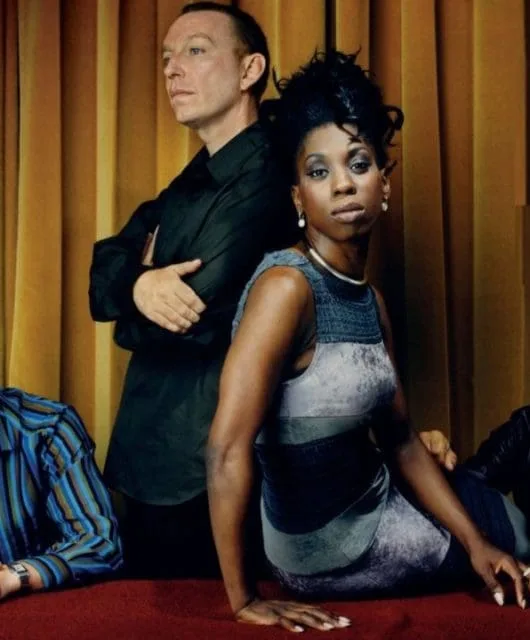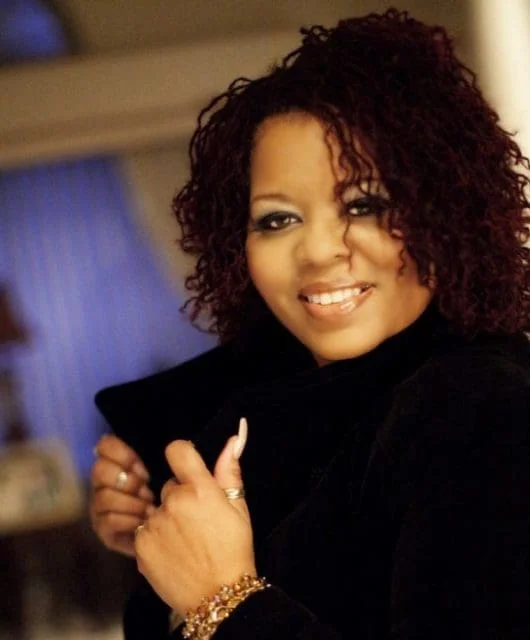The Godfathers of Pop: Per Gessle interview
By Classic Pop | December 18, 2018
Douglas McPherson chats to Per Gessle, who found fame with Swedish boy band Gyllene Tider and as one half of duo Roxette.

Per Gessle first tasted fame in Swedish boy band Gyllene Tider, but it was when he teamed up with Marie Fredriksson as the duo Roxette that he came to worldwide prominence with The Look in 1989. Other hits followed, including the US chart-toppers Listen To Your Heart, Joyride and It Must Have Been Love, from the soundtrack of the Julia Roberts film Pretty Woman. Per also wrote the Belinda Carlisle hit Always Breaking My Heart. Roxette disbanded in 2002 when Fredriksson suffered a brain tumour, but although they reunited in 2009 and had further chart success, ill health forced Fredriksson to stop touring in 2016. Gessle’s new solo album, Small Town Talk, was recorded in Nashville.
Having had Swedish No.1 albums with Gyllene Tider, did you always have ambitions to write in English and aim for international success?
We tried making an album in English with my Swedish band, but it didn’t work out [The Heartland Café was released in the US under the band name Roxette, although it wasn’t the duo Roxette per se]. So when I started working with Marie, that was our common link: we wanted to get out of Sweden a bit. We never thought about America or worldwide. We were dreaming of playing the clubs in Germany or Holland!
How did you meet Marie?
We shared rehearsal studios when I was in my band and she was pursuing a solo career. She came on tour with us, singing backing vocals. It was four or five years before we eventually decided to do something together. The first song we did as a duo was Neverending Love. It was a big song for us in Sweden in ’86, which was a surprise, because normally the rule in Sweden is, if you’re a Swedish artist, you work in Swedish. So having a hit record in English was extraordinary at the time.
Did you expect The Look to be an international breakthrough?
When we were making the second album, Look Sharp!, we thought we were doing something special. Our engineer broke his legs, so we had to get a new guy in and he was much more into programming and sequencing, which is what I wanted to do, whereas our producer wanted us to use a live band in the studio, so the new engineer supported me in that. There’s always a bit of luck and timing involved with a hit and I think one of the reasons Roxette was successful was that we weren’t American or British, so we didn’t sound like anything else on the charts at the time.
Did you think Pretty Woman would you give the boost it did?
No, because it was a low-budget movie. It was one of Julia Roberts’ first films and Richard Gere wasn’t the biggest star in the world at the time. The film was called ‘$3,000’ when we first heard about it. EMI asked if I had a song for the soundtrack: I said I didn’t have time to write one… but we had a ballad we’d recorded with a Christmas lyric a couple of years before and I said I could take out the Christmas references. I’d written It Must Have Been Love to try to get on the radio in Germany in 1987. EMI had said a Christmas song might have a better chance, but they didn’t like it and never released it. Three years later, it came out in Pretty Woman and became this huge song.
Why did you record your new album in Nashville?
I’ve been making albums in the same studio for years, so I thought I’d change the environment a bit. We talked about going to England or France and the idea of going to Nashville came up. I really liked the idea, because I’m a big fan of classic country music from the 60s and 70s. Normally, I work with computers, so for this one, I went in the opposite direction and wanted the musicians to be a big part of the arrangements – people like Mickey Raphael who’s played harmonica with Willie Nelson for 34 years, and Dan Dugmore who’s played pedal-steel guitar on so many hits.
How is Marie at the moment?
She’s doing okay. She’s obviously very affected by her illness. She can’t move very well. She needs to take it easy, so she stays home a lot, but we talk every other week on the phone. It’s sad, but on my European tour I’m going to be playing a lot of Roxette songs with new arrangements with my new band… I don’t want to replace Marie and I can’t replace Marie, but at the same time, it’s a shame not to do these songs because I wrote them, a lot of people want to hear them and I don’t want to hide them away.
Read more: The Godfathers of Pop: Martin Stephenson interview






